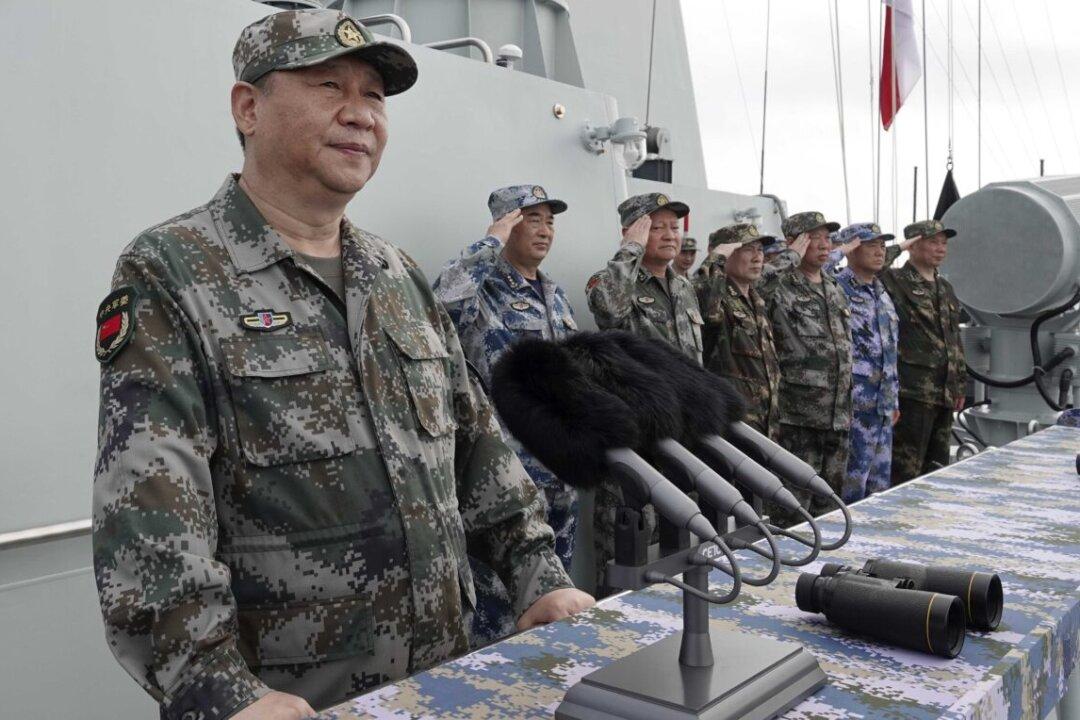Commentary
The Chinese regime’s recent activities in the vicinity of the Taiwan Strait have greatly increased, and its internal activities signal that it’s prepared for an attack on Taiwan.

The Chinese regime’s recent activities in the vicinity of the Taiwan Strait have greatly increased, and its internal activities signal that it’s prepared for an attack on Taiwan.